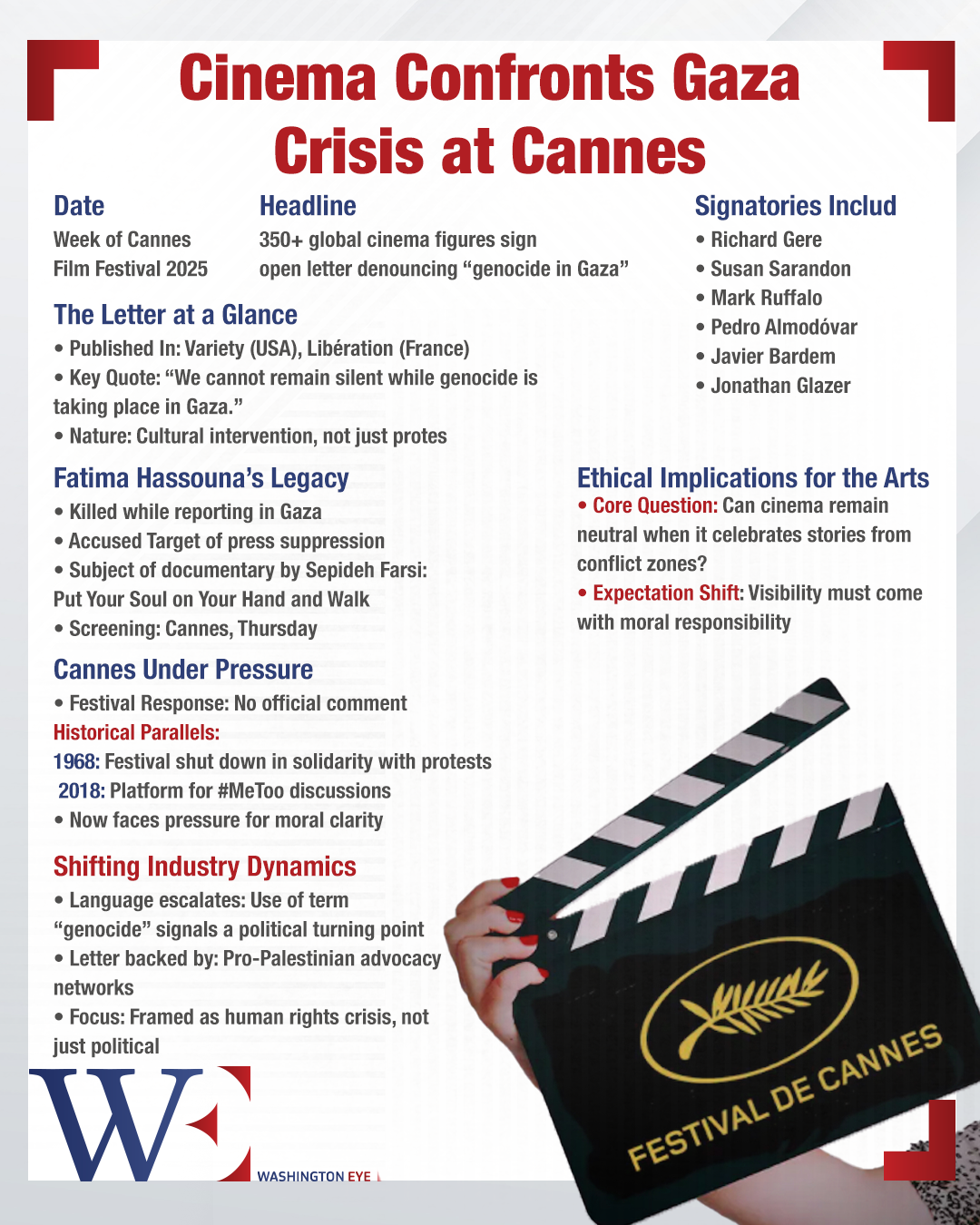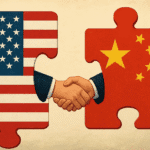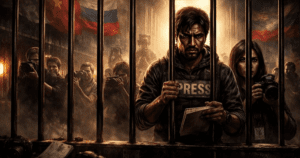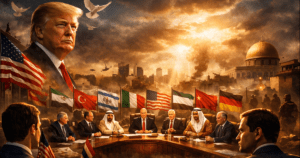On the eve of the Cannes Film Festival, where the world gathers to celebrate cinema’s artistic achievements, more than 350 actors, directors, and cultural figures released a powerful open letter denouncing what they described as the ongoing genocide in Gaza. The letter, published simultaneously in Variety and France’s Libération, declares: “We cannot remain silent while genocide is taking place in Gaza”, a statement that signals a profound rupture between the entertainment world’s traditionally apolitical glamour and the pressing moral imperatives of our time.
A Letter that Echoes Beyond Print
The letter is more than symbolic protest—it is a cultural intervention. Signed by prominent figures such as Richard Gere, Susan Sarandon, Mark Ruffalo, Jonathan Glazer, Pedro Almodóvar, and Javier Bardem, the document casts the moral and humanitarian crisis in Gaza into the heart of the global entertainment industry. This collective stance is particularly resonant given the proximity to Cannes, a festival often lauded for its political sophistication, but not always for its political courage. By calling out what they frame as a genocide and citing specific atrocities, such as the killing of Palestinian journalist Fatima Hassouna, these celebrities are attempting to force the global cinema elite to confront an uncomfortable reality.
Fatima Hassouna: From Witness to Martyr
The letter anchors much of its emotional and political weight in the case of Fatima Hassouna, a Palestinian journalist whose death is described as a deliberate act of silencing. Hassouna was killed while reporting from Gaza, a region subjected to what the signatories argue is systemic targeting of civilian and press infrastructure. Her story has not only galvanized outrage but also become the subject of a documentary by Iranian director Sepideh Farsi, Put Your Soul on Your Hand and Walk, which will be screened at Cannes this Thursday. The documentary follows Hassouna’s final months as she documented the war in Gaza, making her posthumous presence at Cannes both poignant and politically charged.
Cannes, Complicity, and the Cultural Zeitgeist
Historically, Cannes has positioned itself as a space for aesthetic elevation, but also as a bellwether of the global cultural climate. While the festival has not formally commented on the letter or the situation in Gaza, the presence of this statement—and the scheduled screening of Farsi’s film—puts pressure on Cannes’ organizers and attendees to respond. More than mere spectators, global cinema audiences are increasingly expecting the industry to uphold ethical and political values, especially when the art being celebrated intersects with real-world violence.
This is not the first time Cannes has intersected with geopolitics. From the 1968 cancellation in solidarity with striking workers and students, to the 2018 debates around #MeToo, the festival has long flirted with activism. But this moment is arguably more acute: it demands moral clarity not only from artists, but from the institutions that elevate them.
The Industry’s Shifting Political Landscape
The open letter reflects a growing polarization within Hollywood and international cinema regarding the Israeli-Palestinian conflict. While some have previously expressed support for Palestinian rights, the use of the term “genocide” marks a significant escalation in rhetoric. The letter was facilitated by pro-Palestinian advocacy groups and drafted in direct response to what they call “ongoing mass killings, forced displacements, and destruction of infrastructure in Gaza”.
This reframing of the conflict in legal and humanitarian terms—rather than merely political—opens the door for wider global institutions, including cultural ones, to reassess their silence or neutrality. For many of the signatories, this moment is less about politics than it is about ethics: the duty to speak out when basic human rights are violated, even if it risks backlash or career consequences.
The Implications for Cinema and Beyond
The Cannes Film Festival has always operated at the nexus of art, industry, and international influence. By bringing the Gaza crisis into this space, the open letter challenges filmmakers, producers, and audiences to question the ethical foundations of their cultural narratives. Can cinema claim to be a force for empathy and truth while remaining silent on atrocities that directly affect its subjects?
This letter may catalyze a broader trend within the arts: an expectation that visibility must come with responsibility. If art is to matter in a world beset by conflict and displacement, it must not merely reflect tragedy—it must reckon with it.
As Cannes opens under the shadow of Fatima Hassouna’s memory and the echo of 350 voices raised in protest, the question is no longer whether cinema should be political. The question is whether it can afford not to be.


















